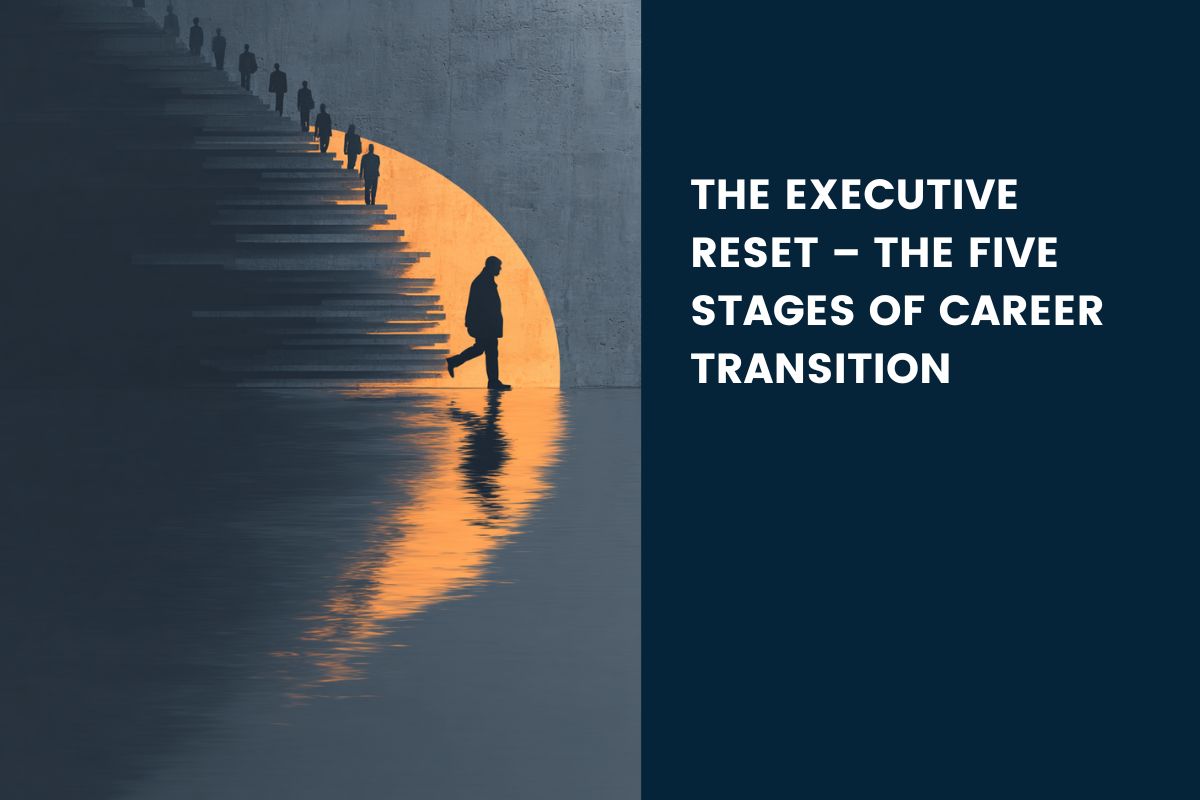1. AI-Literate Leadership: The New Standard for Executive Success
Artificial intelligence has transitioned from a background tool to a boardroom priority. Companies now require leaders fluent in AI, capable of leveraging technology to drive growth while navigating ethical considerations. This shift is not just about operational efficiency but about ensuring businesses stay competitive, innovative, and resilient in a fast-changing global landscape.
This year, 48% of Australian CEOs anticipate AI implementation as their most significant organisational challenge. Leaders must now integrate AI into strategy, operations, customer experience, and innovation to ensure their organisations remain competitive. Those executives who understand the nuances of machine learning, data analytics, automation, and ethical AI governance will be pivotal.
Industries such as financial services, technology, healthcare, and mining are prioritising candidates with proven digital literacy. Roles like Chief AI Officer are emerging, signalling that AI expertise is no longer optional in C-Suite hiring. Companies that embrace AI-literate leadership will secure a distinct market advantage.
2. Sustainability Expertise: Non-Negotiable for Modern Executives
Sustainability has moved from a CSR initiative to a business imperative. As new regulations demand climate reporting from 2025 onwards, Australian companies are seeking C-Suite leaders who can embed ESG principles into core strategies and actively lead their organisations through the green transition.
Executives with green credentials – from carbon reporting to clean-tech innovation and sustainable supply chain management – are not only ensuring compliance but also driving resilience, brand reputation, and competitive advantage. Boards now view sustainability literacy as critical risk mitigation as firms face growing investor scrutiny and consumer expectations.
Sectors like mining, energy, finance, agriculture, and property are leading this shift. However, sustainable leadership is becoming cross-sectoral, with organisations understanding that environmental stewardship is directly linked to financial performance and long-term resilience.
3. Inclusion Without Exception: Diversity as a Strategic Advantage
Australian firms continue to champion diversity in leadership, countering global trends of DEI program stagnation. In 2025, diversity in gender, culture, and neurodiversity remains a key focus in Trends In C-Suite Hiring.
Boards are increasingly recognising that diverse leadership teams drive better innovation, risk management, decision-making, and financial outcomes. Australian regulatory and investor environments are also reinforcing this trend, with gender diversity targets becoming standard for listed company boards and major institutional investors favouring companies with strong inclusion policies.
Industries such as mining, telecommunications, financial, and professional services are setting the benchmark. Companies are actively expanding their focus from gender to include cultural, indigenous, and neurodiverse leadership. The expectation is that inclusive leadership is a non-negotiable feature of organisational excellence and reputation management.
4. Cyber Guardianship: Cybersecurity Moves to the Boardroom
Cyber threats are now considered existential risks. High-profile breaches like those experienced by Optus and Medibank have shifted cybersecurity from an IT issue to a core boardroom concern. Trust, privacy, and operational continuity hinge on the executive leadership’s ability to proactively manage cyber risk.
Executives must demonstrate robust “risk IQ,” integrating cyber resilience into corporate governance, operational strategy, customer engagement, and crisis management planning. The reputational damage and financial losses associated with cyber breaches demand that cybersecurity leadership become embedded in the DNA of modern C-Suites.
Industries handling sensitive data – like financial services, healthcare, telecommunications, manufacturing, and government services – demand leaders who can build resilience, manage incidents, and safeguard stakeholder trust.
Organisations are increasingly appointing CISOs to executive committees or hiring CEOs and CIOs with direct cybersecurity expertise, reflecting the elevated status of cyber leadership.
5. The Borderless C-Suite: Embracing Flexibility and Global Talent
Housing affordability and remote work trends are reshaping executive expectations and organisational hiring strategies. Companies are adopting flexible leadership models, including remote, fractional, and interim C-Suite roles, to attract and retain top talent.
In 2025, nearly half of Australian business leaders cite housing affordability as a top issue impacting talent attraction. Flexible leadership models allow organisations to engage exceptional executives who may not be willing to relocate or who prefer non-traditional career arrangements.
Tech companies and professional services have pioneered these models, leveraging global talent pools and remote-first cultures. Traditional industries are cautiously following suit, embracing executives based interstate or overseas and engaging fractional leadership for targeted strategic initiatives such as IPOs, digital transformations, or sustainability projects.
Organisations that embrace the “borderless C-Suite” unlock agility, innovation, and diversity of thought. They can access niche expertise, scale leadership capacity for specific challenges, and improve leadership continuity during periods of rapid change.
At Galvin-Rowley Executive, we offer bespoke, strategic recruitment solutions that align leadership capabilities with your future organisational vision. We build long-term partnerships to ensure every leadership placement drives measurable impact. Contact us to chat about how we can help your executive recruitment.





